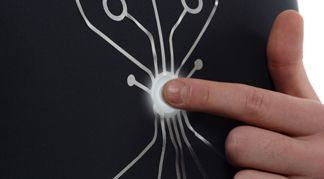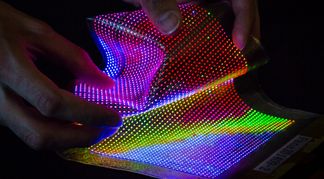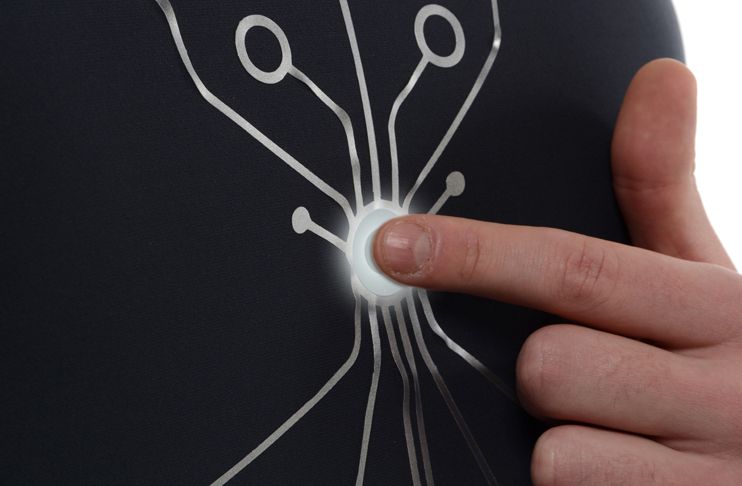
Smart textiles and clothing are set to transform the health, sports and fitness, and workwear sectors.
Smart textiles and clothing are expected to transform the health care, sports and fitness, and workwear sectors; according to a report in issue 63 of Performance Apparel Markets from the global business information company Textiles Intelligence.
Clothing is considered to be an ideal platform; for the integration of smart technologies as humans spend 90% of their lives in contact with textiles.
To date, most products within the market have been tailored towards sport and fitness applications and military uses; where they are capable of monitoring the vital signs of soldiers and can help to improve the safety of soldiers in combat.
But there is also huge potential for using smart textiles and clothing to transform patient care and improve safety and efficiency in the workplace.
In the health care sector, smart clothing enables patients to be monitored remotely; and this could help to reduce the cost of health care, free up beds in hospitals; and provide a more comfortable experience for patients.
Smart textiles will be everywhere
 In the workwear sector; light sources can be incorporated into clothing to improve the visibility of workers operating in poor lighting conditions; and sensors may be used to monitor the locations of workers such as police personnel and firefighters.
In the workwear sector; light sources can be incorporated into clothing to improve the visibility of workers operating in poor lighting conditions; and sensors may be used to monitor the locations of workers such as police personnel and firefighters.
Furthermore, smart textiles and clothing products have the potential to increase efficiency in the workplace; particularly in automated production processes and supply chains; by using sensors to collect data relating to the efficiency of workers and machinery.
However, a number of challenges need to be overcome for the industry to fulfil its potential; notably those relating to environmental sustainability, legislation and standards.
Also smart textiles and clothing typically require several components and are therefore complex and challenging to design, develop and produce.
To tackle the complexity of smart textiles and clothing, some companies; such as Nike and Under Armour, have established innovation divisions or “incubators”. These are specialist departments which focus on aspects of product development; such as the integration of power sources and waterproof technology.
Some explorations are being made into the development of electrically conductive fibres and yarns and the potential uses of graphene–which is considered to be a highly conductive material. Developments also include stretchable smart textiles, reflecting the emergence of technologies such as stretchable sensors and stretchable conductive inks.
In fact, many experts believe that, such is the pace of development, textile computing products may be in common usage in five to ten years–by which time there may not be a need for mobile telephones as they may be replaced by functional clothing.
This report, “Smart textiles and clothing: opportunities for providing comfort, functionality and insight into consumer behaviour and lifestyles”, was published by the global business information company Textiles Intelligence in issue No 63 Performance Apparel Markets.


